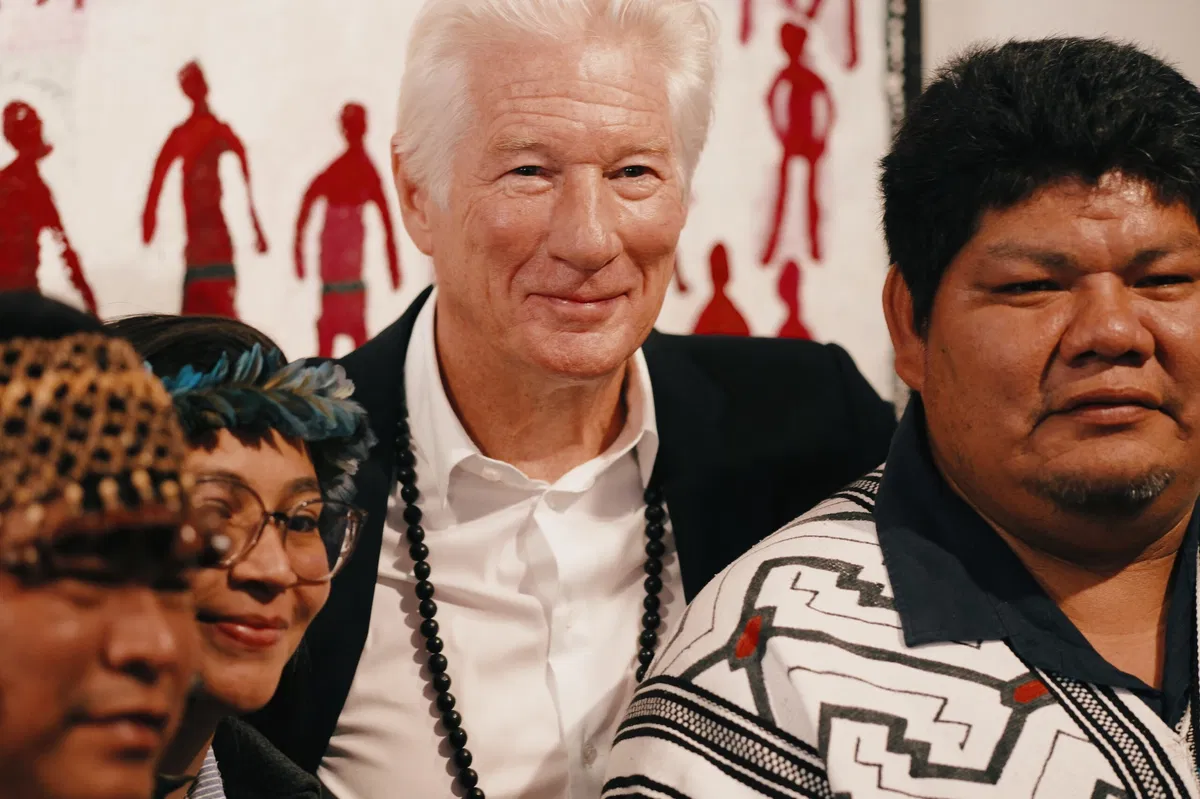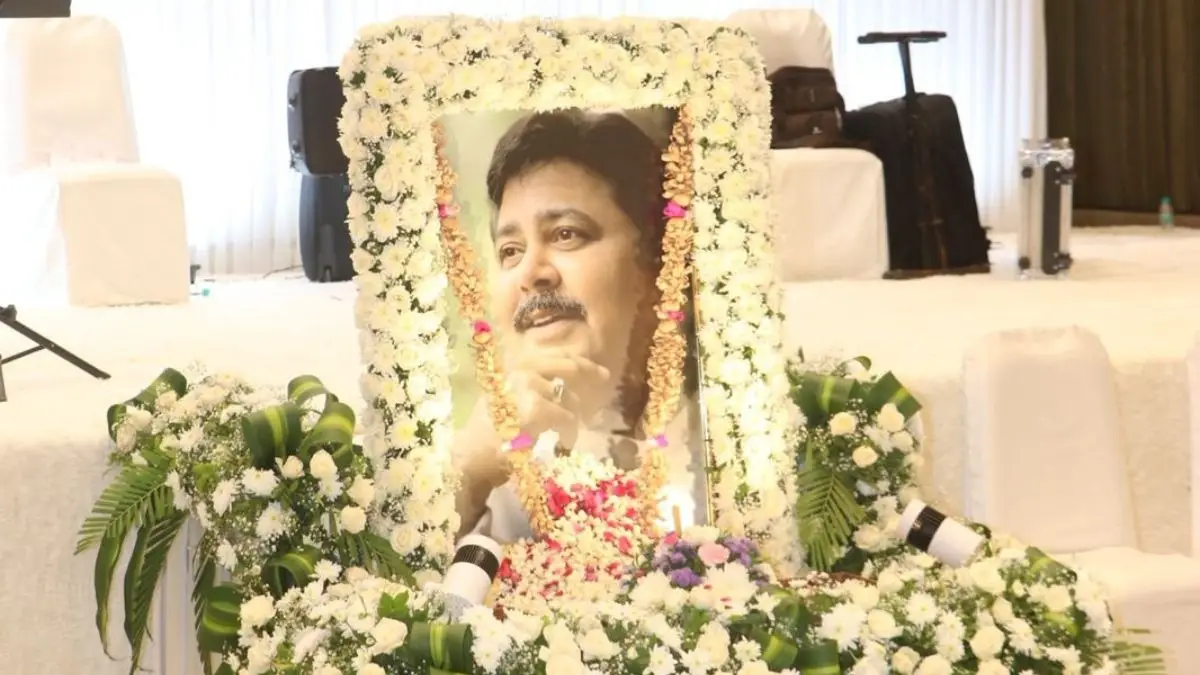Copyright euroweeklynews

Actor Richard Gere joined Indigenous leaders in London on Monday October 27 for the presentation of Resist to exist: the global struggle of uncontacted Indigenous peoples, the first comprehensive global report by Survival International. The landmark study confirms the existence of at least 196 uncontacted Indigenous groups worldwide — the most accurate estimate to date — but warns that half could be wiped out within the next decade unless urgent measures are taken by governments and corporations. During the press conference, Gere delivered a powerful message, questioning the moral indifference of industrialised societies towards these communities: “How much longer will we in the industrialised world continue to regard uncontacted Indigenous peoples as unfortunate collateral damage while we plunder their lands to satisfy our needs for cars, housing, energy, jewellery and entertainment?” The report reveals previously hidden genocides that took place in the Amazon, the Chaco and the forests of Asia and the Pacific during the second half of the 20th century. It also exposes the current threats these isolated groups face, with more than 96 per cent of them under direct pressure from extractive industries. Logging threatens 65 per cent, mining over 40 per cent and agribusiness more than 20 per cent. One of the most shocking revelations is the growing number of influencers attempting to make “first contact” with uncontacted tribes to create monetisable online content. The study also denounces evangelical missions funded by multimillion-dollar churches that use advanced technology to locate and evangelise isolated communities, as well as violent criminal organisations linked to drug trafficking and illegal mining, especially in the Amazon. Indigenous leader Herlín Odicio, vice president of ORAU, warned: “Criminal activities in our territories are increasingly violating Indigenous rights, killing our leaders and those of us who defend the land.” Meanwhile, Maipatxi Apurinã, chief of territorial surveillance at COIAB, called for an end to forced contact: “It is essential to tell every organisation, including missionaries, to stop trying to integrate these peoples and start applying a logic of respect.” Survival’s report also highlights the resilience and strength of uncontacted tribes who have survived forced contact and violence. It stresses that these communities are among the best guardians of some of the planet’s most biodiverse regions and play a vital role in combating climate change. Speaking ahead of COP30, Lucas Manchineri, president of MAPPHA, said: “At COP30 we will carry the voice of our ‘distrustful relatives’ in isolation — to say that they exist, that they are people, and that they are essential in the fight against climate change because they know the biodiversity and use nature sustainably.” Survival International’s director, Caroline Pearce, concluded: “Although our findings point to a grave and alarming situation, there is a solution. Governments must recognise and enforce the right to remain uncontacted and territorial rights, industries must stop exploiting their resources, and everyone else must simply keep away.” Richard Gere and his wife left Spain after a year



